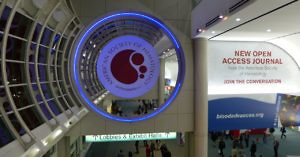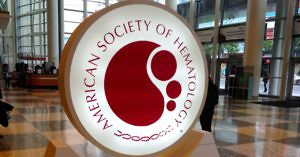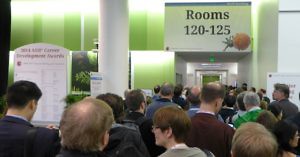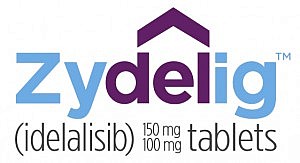The Changing CLL Landscape Part 1
Targeted therapy and Chemo-Immunotherapy in CLL
At last December’s 2016 annual meeting of the American Society of Hematology, one of the areas that attracted attention was the latest clinical data on the treatment of chronic lymphocytic leukemia (CLL).

ASH 2016 in San Diego
In recent years, we’ve seen tremendous advances in the field with several new agents approved such as obintuzumab, ibrutinib, idelalisib, and venetoclax. There are also new treatment options available for CLL patients with high risk disease such as 17p deletions (Del17p).
Other new targeted therapies such as acalabrutinib are now in clinical development, plus we have CAR T cell therapies and combination strategies also being evaluated in the clinic.
So what was the hot news from #ASH16 in CLL?
- Does chemotherapy still have a role or is it a targeted therapy world?
- Are we further forward towards a cure?
- Have we worked out how to identify those at risk of relapse?
- Will CAR T cell therapy be a game changer in CLL?
- Is financial toxicity going to be an issue with combination strategies?
BSB interviewed two experts in CLL while in San Diego who kindly shared their thoughts on which CLL data impressed them at the ASH annual meeting and discussed some of the big strategic issues facing the field right now. These interviews are being posted in a two-part series.
Part 1 today answers some of the questions highlighted above and explores the changing face of the broader CLL landscape.
Subscribers can login to learn more
This content is restricted to subscribers
This content is restricted to subscribers
 With over 27,000 attendees – it’s the largest ASH annual meeting I’ve seen in 20 years of coming here! ASH is definitely the pre-eminent global meeting for hematology and blood cancers.
With over 27,000 attendees – it’s the largest ASH annual meeting I’ve seen in 20 years of coming here! ASH is definitely the pre-eminent global meeting for hematology and blood cancers. In this initial post, I’m sharing my first impressions of what may be some hotly contested trials at ASH16 in San Diego, as well as a few intriguing abstracts with combination data that caught my attention.
In this initial post, I’m sharing my first impressions of what may be some hotly contested trials at ASH16 in San Diego, as well as a few intriguing abstracts with combination data that caught my attention. In recent years, there’s been a lot of progress in the treatment of chronic lymphocytic leukemia (CLL). New targeted therapies such as ibrutinib (Imbruvica) and idelalisib (Zydelig) have been approved and have helped extend the lives of patients with this disease further. However, there still remains a need for new treatment options.
In recent years, there’s been a lot of progress in the treatment of chronic lymphocytic leukemia (CLL). New targeted therapies such as ibrutinib (Imbruvica) and idelalisib (Zydelig) have been approved and have helped extend the lives of patients with this disease further. However, there still remains a need for new treatment options. In the past, much of the focus at previous American Society of Hematology (ASH) meetings in this area has focused on the myriad of chemotherapy regimens and dose/schedule optimisations that followed in trying to boost patient outcomes.
In the past, much of the focus at previous American Society of Hematology (ASH) meetings in this area has focused on the myriad of chemotherapy regimens and dose/schedule optimisations that followed in trying to boost patient outcomes. Overall, I agreed with Ron Levy (Stanford) when he noted in the packed Special Session on Checkpoint inhibitors in Hematology that there were only 4 or 5 abstracts to actually discuss (he didn’t spend much time on the preliminary data) and that the results are still very early without seeing how good the durability will be.
Overall, I agreed with Ron Levy (Stanford) when he noted in the packed Special Session on Checkpoint inhibitors in Hematology that there were only 4 or 5 abstracts to actually discuss (he didn’t spend much time on the preliminary data) and that the results are still very early without seeing how good the durability will be. With the flurry of recent US and EU approvals for obinutuzumab (Gazyva), ibrutinib (Imbruvica) and the newest kid on the block, idelalisib (Zydelig), in CLL and indolent lymphomas, I wanted to take a look at these drugs from a different perspective.
With the flurry of recent US and EU approvals for obinutuzumab (Gazyva), ibrutinib (Imbruvica) and the newest kid on the block, idelalisib (Zydelig), in CLL and indolent lymphomas, I wanted to take a look at these drugs from a different perspective.